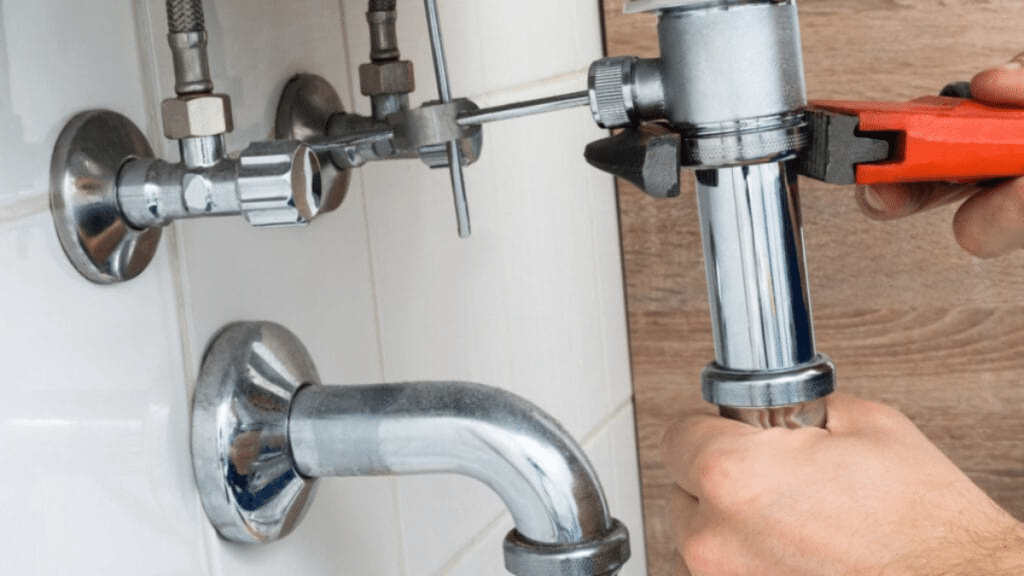Understanding the Basics of Plumbing Systems
Plumbing systems perform a critical role in the functionality of any home, yet many people remain oblivious to their importance until a problem arises. Much like the vital role veins play in the human body, piping systems facilitate the smooth operation of daily activities, providing convenience and comfort. Recognizing minor issues such as leaks or clogs can be extremely valuable, making it easier to prevent more significant disruptions. Therefore, having contact with trusted plumbers in Escondido, CA can be invaluable when emergencies arise. Cultivating a fundamental understanding of these systems and their components can transform seemingly complex problems into manageable tasks.
Benefits of Regular Plumbing Maintenance
Regular plumbing maintenance may often be overlooked, but its benefits are manifold. Consistent inspections and upkeep prolong the lifespan of your plumbing system, improving both functionality and efficiency. According to U.S. News & World Report, early detection of plumbing issues is crucial in preventing costly repairs and significant disruptions. By identifying problems early, you can address them before they escalate into essential issues that may disrupt your household and lead to unforeseen expenses. Additionally, plumbing maintenance can contribute significantly to water conservation. The Environmental Protection Agency (EPA) states that simple maintenance steps can lead to substantial water savings, positively impacting the environment and your bill. Routine inspections not only safeguard your system but also ensure its sustainable operation.
Key Plumbing Maintenance Tips from the Experts
Effective plumbing maintenance requires a proactive approach, regularly inspecting your system for signs of trouble. Experts recommend monitoring for reduced water pressure, slow drainage, and unsettling noises, which could signal underlying issues. Regularly cleaning faucet aerators and drains is essential, preventing mineral buildup and ensuring smooth water flow. Think about a biannual plan for thorough system inspections and regular do-it-yourself (DIY) assessments to maintain your plumbing in optimal shape and prevent expensive repairs.
Top Tools for Effective Plumbing Maintenance
Equipping yourself with the right tools simplifies plumbing maintenance significantly. A well-stocked toolkit should include a plunger, pipe wrench, basin wrench, and an assortment of washers. These tools enable homeowners to tackle minor plumbing tasks independently, saving time and money. For those less familiar with plumbing tasks, educational resources, and guides are widely available, such as these plumbing tools, which offer guidance on tool selection and basic usage.
DIY vs. Professional Plumbing Services
While do-it-yourself solutions can be practical for minor plumbing issues, complex problems are best left to professionals. Professionals bring specialized skills, advanced tools, and in-depth knowledge that ensure issues are resolved efficiently and safely. Recognizing the difference between a simple fix and a complex repair can prevent damage and undue stress on your system. Consult a professional plumber to preserve your plumbing system’s integrity, especially for intricate tasks like repiping or significant installations.
Common Mistakes in Plumbing Maintenance
Homeowners often make avoidable mistakes in plumbing maintenance, which can lead to further complications down the line. Over-tightening fittings or ignoring small leaks are errors that can escalate quickly. Understanding the balance between a secure fit and excessive tightening is crucial. Furthermore, promptly addressing drips and leaks prevents them from developing into major issues. Regular visual inspections and immediate attention to irregularities contribute significantly to maintaining a healthy plumbing system.
How Seasonal Changes Affect Your Plumbing
Seasonal shifts can profoundly affect plumbing systems. Frozen pipes are a significant risk in colder climates, as they can fracture and burst once they thaw, potentially causing expensive water damage. On the other hand, warmer months can strain systems through increased use and water pressure issues. Preparing your pipes with insulation and ensuring proper drainage are key preventive strategies. Seasonal maintenance adapts your system to the demands of different weather patterns, guaranteeing reliable performance throughout the year.
Planning and Budgeting for Maintenance
Incorporating plumbing maintenance into your household budget is a strategic decision that can save you significant stress and expense in the future. Although it may seem like an additional outlay, regular maintenance can prevent the financial strain and disruption of emergency repairs. A well-planned schedule of routine checks helps you anticipate necessary improvements and allocate resources effectively, safeguarding your home against unexpected issues and preserving its value.
